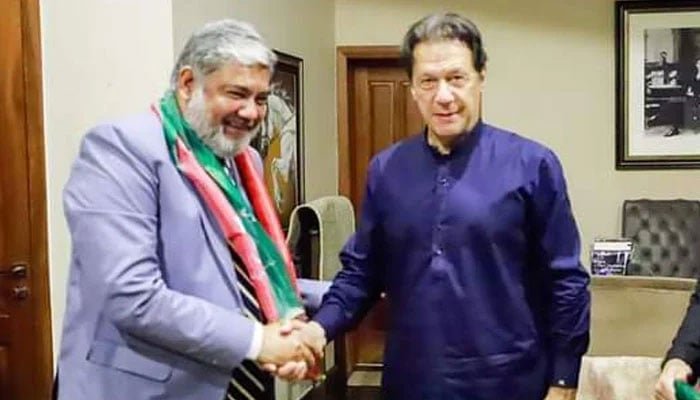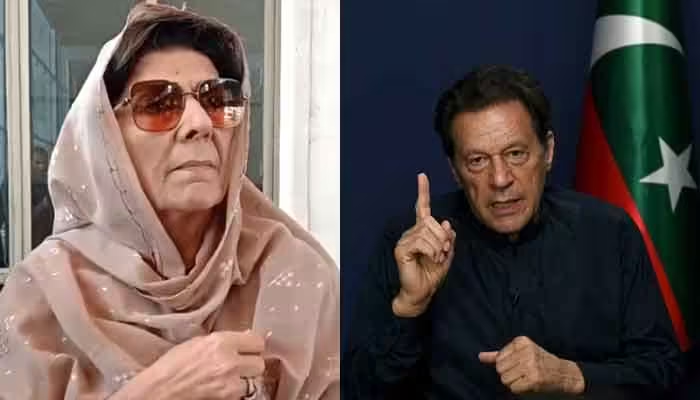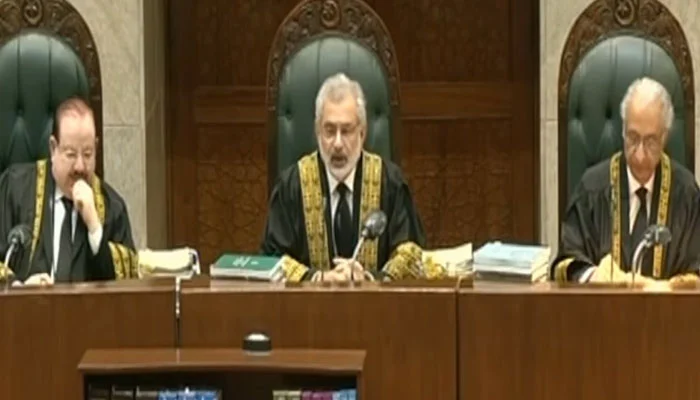Pakistan Tehreek-e-Insaf (PTI) leader and member of the negotiating team, Mazhar Baig, has stated that the PTI parliamentarians have agreed to all of their conditions. He mentioned that had they not been impatient, they would have received specific seats sooner.
In an exclusive interview with Geo News, Mazhar Baig asserted that the PTI has demanded the positions of chairman and vice-chairman and majority representation in the executive council. He further emphasized that progress has been made in the negotiations, leading to the resignation of Pervez Khattak. Additionally, female candidates aspiring for specific seats have withdrawn their nominations.
Baig expressed that exercising patience could have led to obtaining specific seats sooner. He also held the parliamentary parties responsible for not having the seats in their hands, highlighting the importance of patience in such matters.
Moreover, the responsibility for the failure to obtain specific seats has been placed on the legal counsel and leader, Qazi Anwar, by the PTI spokesperson.
According to Baig, the PTI parliamentarians not only accepted the conditions but also did so wholeheartedly. He mentioned that the PTI founder had discussed the agreement on unity with the PTI parliamentarians, including Asad Qaiser, Ali Amin Gandapur, and Habib Orakzai. Baig credited Shadab Jafri and Hameed Khan for their consultations and for advancing negotiations with the parliamentarians. He reiterated that impatience could have led to unfavorable outcomes and thanked the party with which an alliance was formed, although it was not a parliamentary party.
It is noteworthy that the Peshawar High Court recently dismissed the requests of the alliance council regarding specific seats.
The statement by Mazhar Baig sheds light on the recent developments within the PTI regarding seat allocations and negotiations. Despite facing challenges and setbacks, the PTI leadership remains committed to resolving internal issues and maintaining unity within the party. The importance of patience and collaboration in political negotiations is underscored, as parties navigate complex dynamics to secure their interests and positions within the political landscape of Pakistan.



